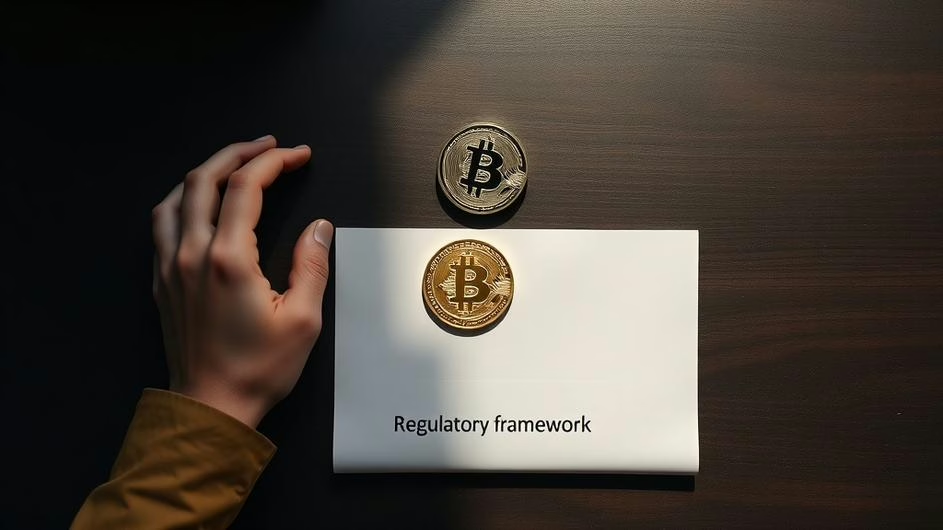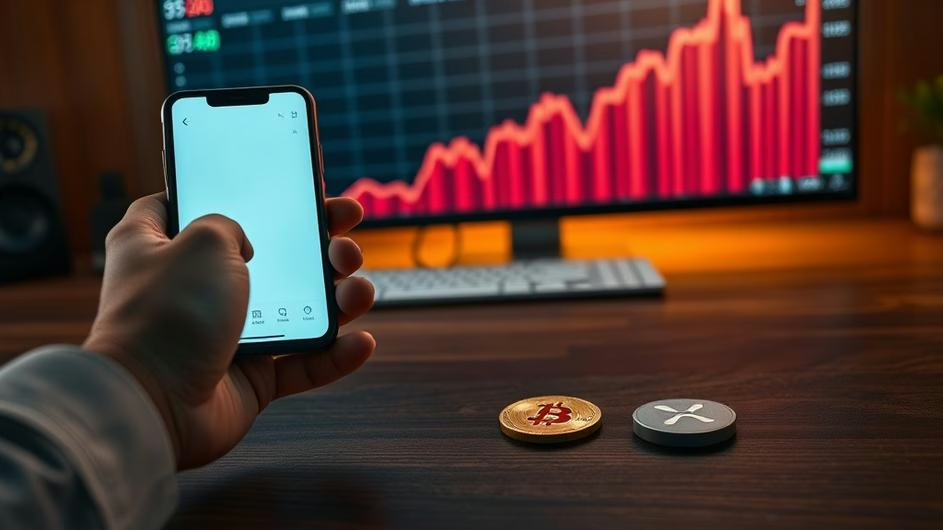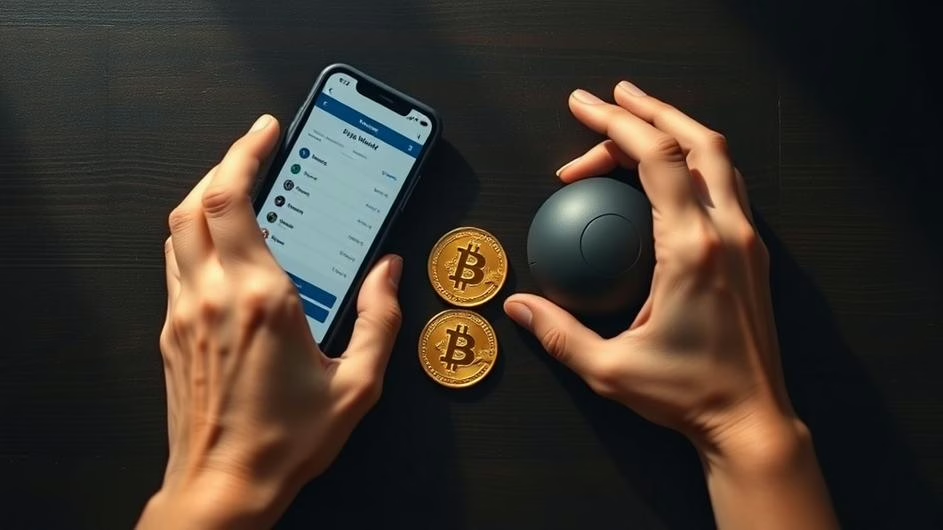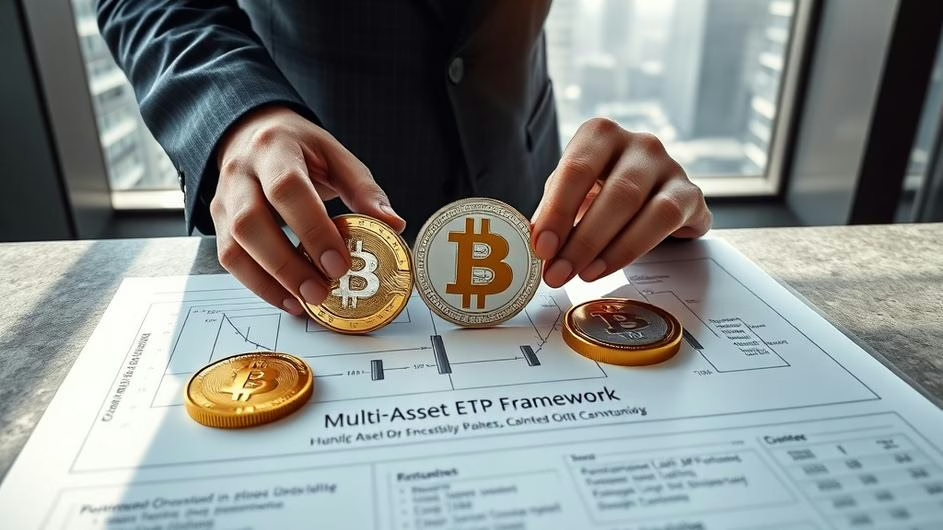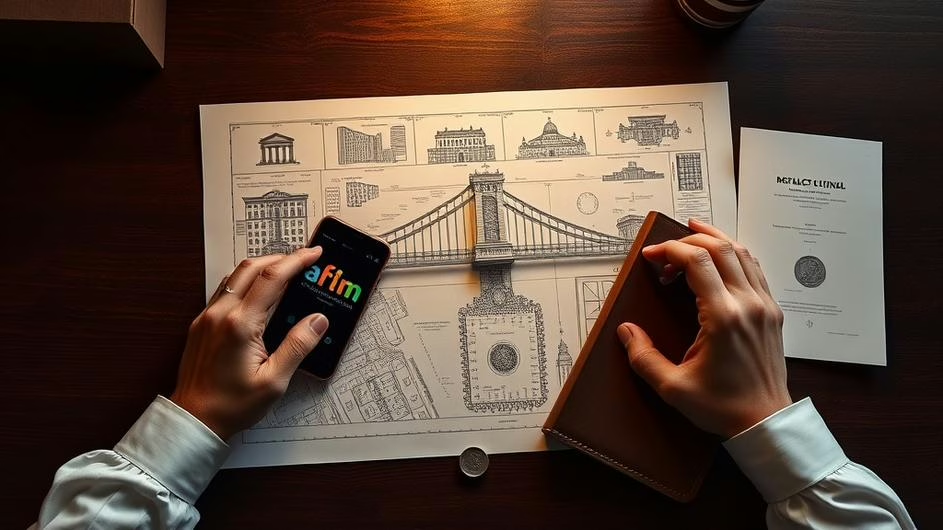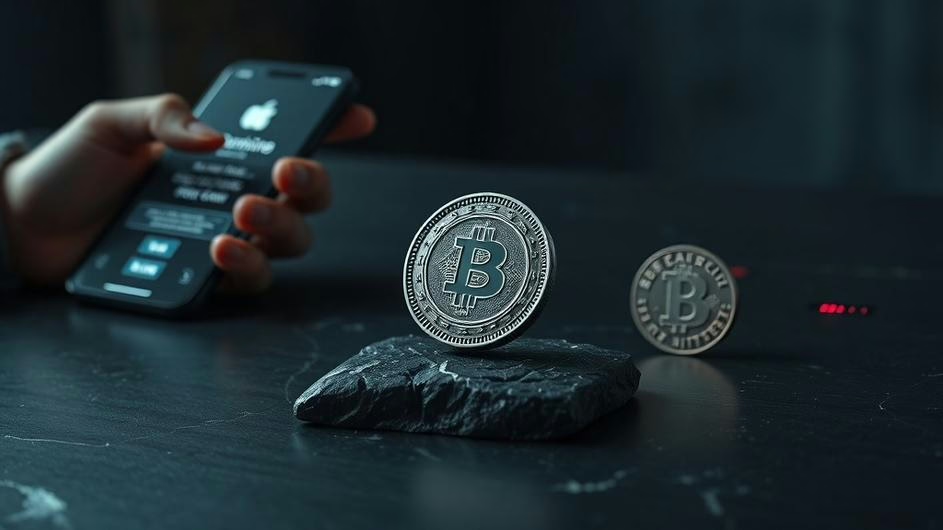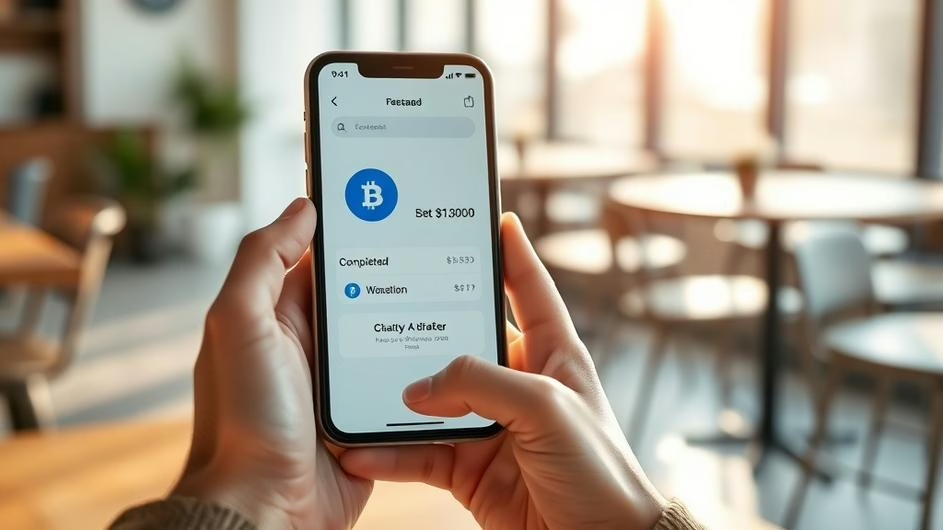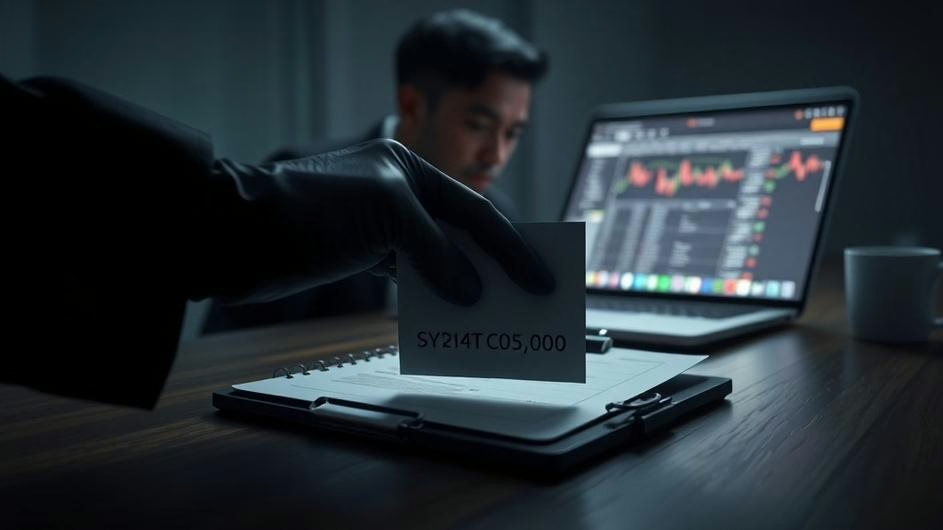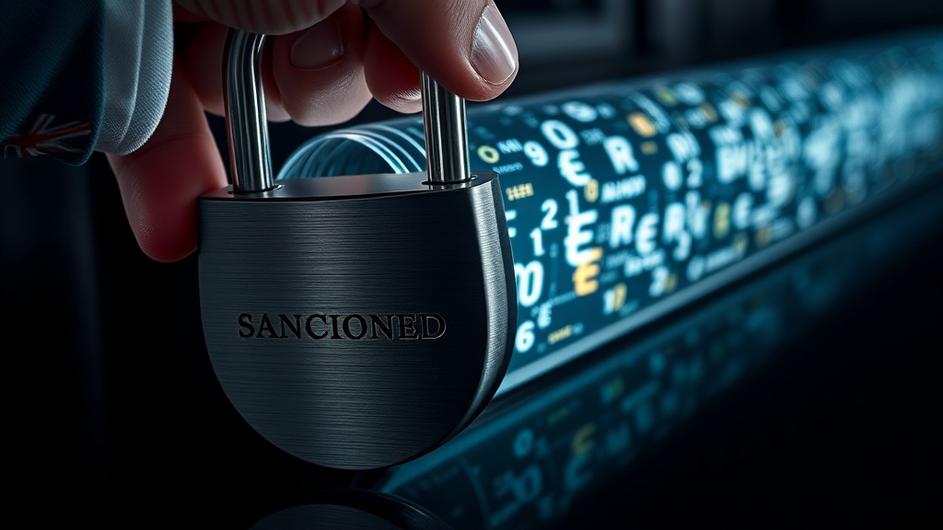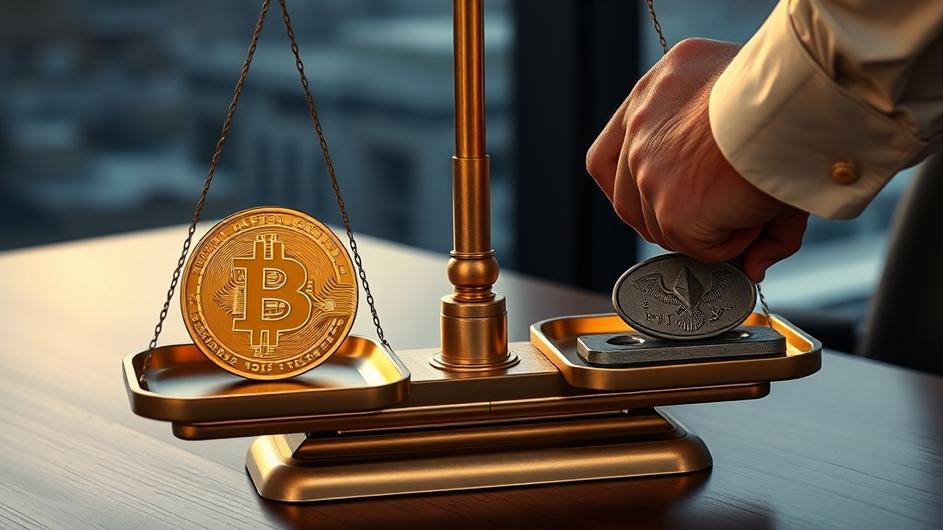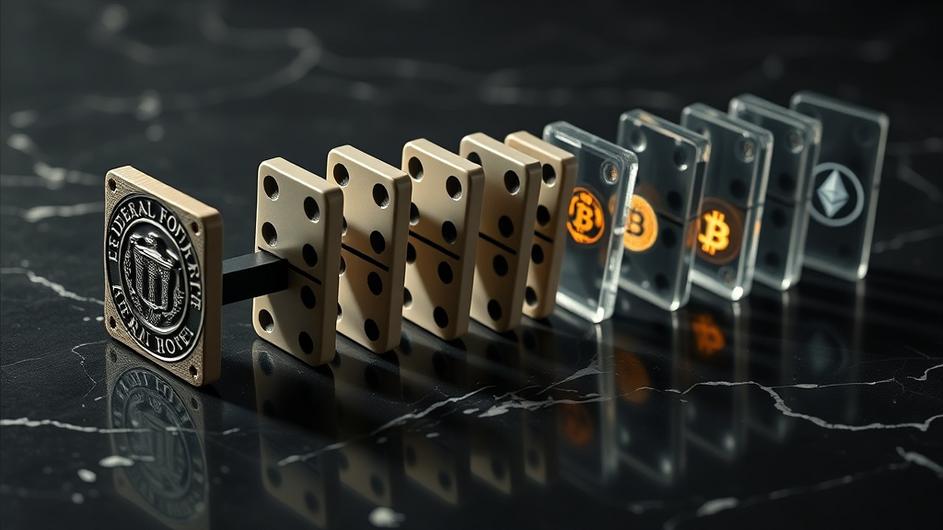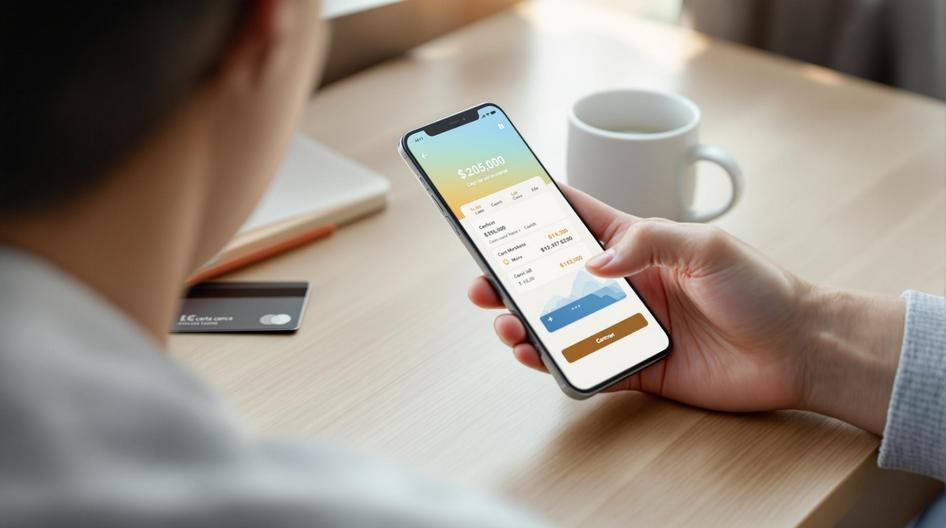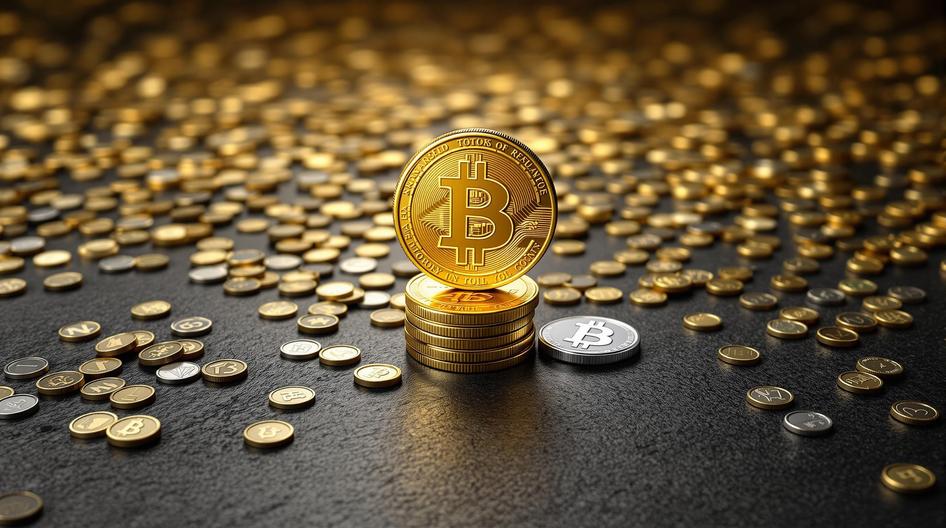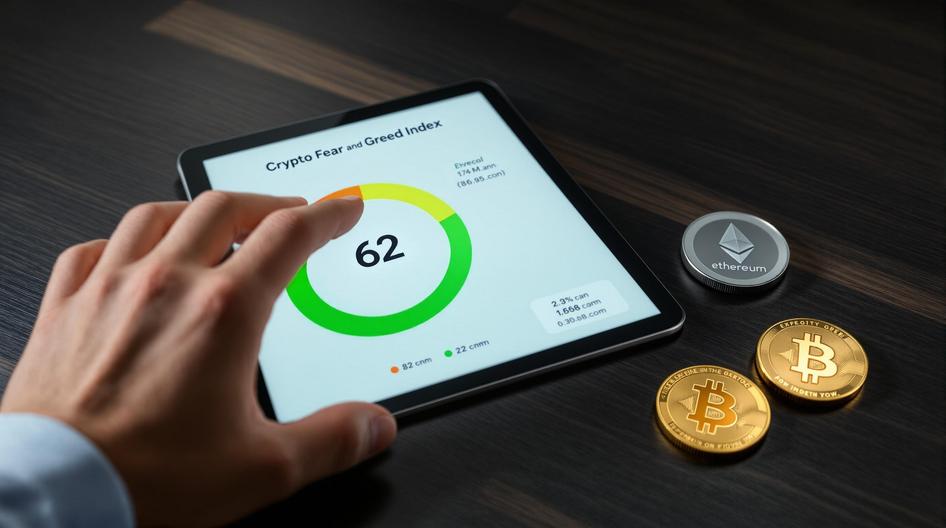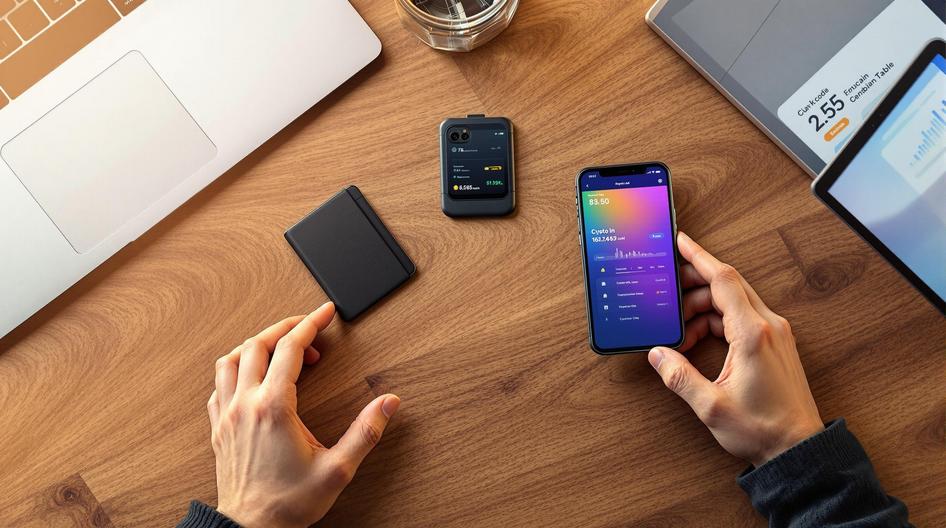
The 8 Best Crypto Wallets for August 2025
Picture this: you just pulled off your first big crypto buy, or maybe you’re racing to mint that NFT everyone’s buzzing about. The crypto universe is on fire with innovation, but behind the buzz lies a question every newcomer and veteran ponders—where do you actually keep your digital currency safe? The answer isn’t just about storage. It’s about protecting your assets, your identity, and in many ways, your digital future. Today, we’re stripping away the technical fog and zeroing in on the real power players of the blockchain: crypto wallets.
Why care about wallets at all? They might sound dull compared to meme coins or DeFi magic, but your choice of wallet could mean the difference between rock-solid security and waking up to a zero balance. Let’s cut through the hype and take a close look at what these tools do, the types on offer, and which wallets stand out as top picks in 2025.
Demystifying Crypto Wallets: More Than Just Digital Billfolds
You might picture a wallet as a place to hold your cash. Crypto wallets, though, do something very different. They don’t store your coins inside the app or gadget. Instead, they hold the cryptographic keys—the codes that unlock your assets on the blockchain. Imagining them as keychains makes more sense: your public key is like your address for receiving funds, visible for all to see. Your private key? That’s the code to your vault. Lose it, and your digital fortune is lost for good.
The real divide among wallets comes down to how and where they keep those private keys. Some wallets make it easy to trade or shop at a café with Bitcoin. Others lock down your assets like a safe hidden in a mountain bunker. But how does this split work in practice?
The Two Camps: Hot vs. Cold Wallets
The crypto world splits wallets into two broad types: hot and cold. This isn’t marketing talk—it’s all about how (and if) your wallet touches the internet.
Hot Wallets: Fast, Flexible, and a Little Risky
Hot wallets are connected to the internet, which makes sending and receiving crypto as easy as checking your email. This makes them perfect for daily transactions. But like leaving your wallet on a café table, it brings some risk. Here’s how they stack up:
- Desktop Wallets: Installed straight on your laptop or PC, wallets like Exodus and Atomic Wallet offer rich interfaces, dozens of supported coins, and even built-in trading features. But if someone sneaks malware onto your computer, your stash could be in jeopardy.
- Mobile Wallets: Ever paid for coffee with your phone? Mobile wallets put your crypto in your pocket. Trust Wallet and MetaMask Mobile are heavy hitters here, letting you connect to decentralized apps (dApps) on the go. With biometrics and PINs, they aim to balance ease and security—but your assets are only as safe as your phone.
- Web Wallets (Browser Extensions): Think of MetaMask, which sits in your browser and is basically a VIP pass to Ethereum and Web3. You’ll need it to use many DeFi protocols or NFT sites. Just remember: if a hacker gets control of your browser, trouble follows.
For the record, hot wallets are best for small stashes and active traders. Think of them as your day-to-day spending account rather than a long-term vault.
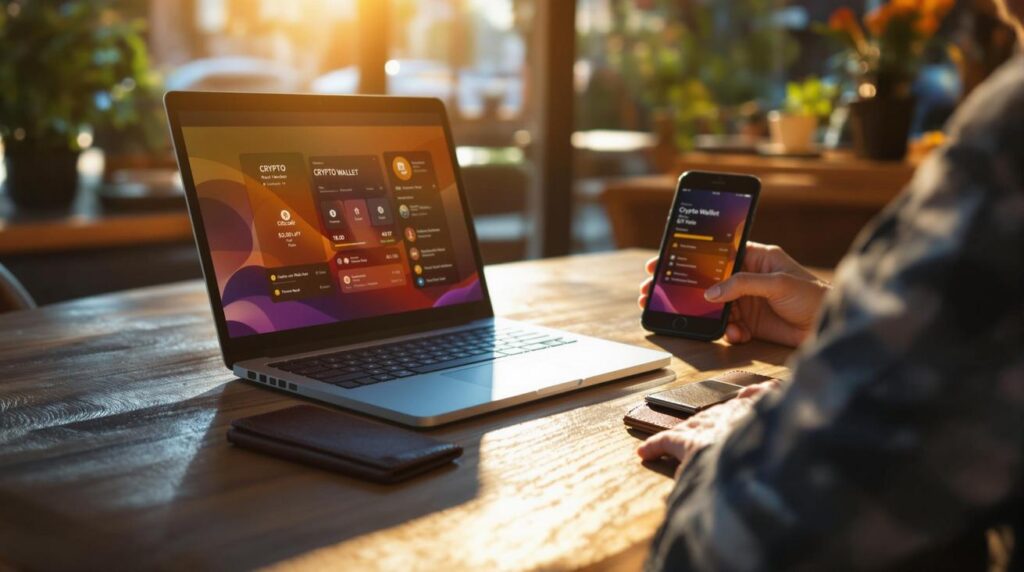
Cold Wallets: When Security’s a Top Priority
Cold wallets are the opposite—think Fort Knox for crypto. They’re offline, so hackers can’t reach them unless they get their hands on the actual device.
- Hardware Wallets: Shaped like USB drives, these gadgets keep your private keys totally offline. Examples like the Ledger Nano X/S and Trezor Model T/One are industry gold standards. Transactions are signed right on the device, meaning your secret info never leaves its safe zone—even if your computer is compromised.
- Paper Wallets: Old school, but still a thing for some users. You literally print your keys onto a sheet of paper (QR codes and all), stash it in a safe, and hope for the best. Risky if there’s a flood or fire—modern users lean toward hardware wallets instead.
If you’re looking to store a sizable crypto haul for the long-term, cold wallets are non-negotiable. The trade-off for that ironclad security? Slightly less convenience during trading frenzies.
Choosing Your Fortress: What Matters When Picking a Wallet?
With options everywhere, it’s tempting to grab the first wallet you find. But what really matters? For anyone asking, “How do I avoid rookie mistakes?”—here’s your blueprint:
- Security Features: Look for wallets that offer encrypted backups, recovery (seed) phrases, PINs, and two-factor authentication. Hardware wallets with Secure Element chips give even deeper protection from tampering.
- Supported Coins: Are you sticking with Bitcoin, or building a portfolio of altcoins and NFTs? Some wallets focus on a few, others offer broad support—and this matters when you expand.
Wallet Supported Currencies Ledger Nano X/S 1800+ Trezor Model T 1200+ MetaMask Ethereum and EVM tokens Trust Wallet 60+ blockchains - User Interface: The best wallet in the world won’t help if you can’t figure it out. Test out how deposit and withdrawal work, and see if it’s easy to view your assets. User reviews usually tell the real story.
- Backup/Recovery: If your phone gets stolen, how do you recover your wallet? Seed phrases are crucial—write them down and store them somewhere safe, not as a screenshot on your laptop.
- dApp Integration: If you want to jump into DeFi or NFTs, make sure your wallet makes this easy—integrated dApp browsers or WalletConnect help a lot.
- Community Support: Crypto moves fast. A vibrant support forum or responsive customer service can save the day if something goes sideways.
Want more detail on wallet features or the rise of new coins? You might find these guides helpful: top cryptocurrencies for 2025 and best crypto wallet breakdowns.
The Front-Runners: 8 Best Crypto Wallets of August 2025
So, which wallets rise above the rest in 2025? Here are the picks that blend reputation, features, and real-world performance:
- Ledger Nano X: Bluetooth support, top-tier security, and room for dozens of apps. Considered the standard for serious holders.
- Trezor Model T: Touchscreen, open-source code, and wide asset support. Transparency appeals to security purists.
- MetaMask: Browser-based, ideal for Ethereum fans and NFT collectors. A gateway to DeFi, but remember: browser security matters.
- Trust Wallet: Mobile-first, with dApp browser and staking. Backed by Binance, it’s beginner-friendly and covers a huge crypto range.
- Exodus: Gorgeous UI, desktop and mobile, integrated exchange, and strong community support. Perfect for those who want crypto to feel approachable.
- Atomic Wallet: Multi-chain, with features for staking and atomic swaps—handy for anyone investing beyond Bitcoin.
- Guarda Wallet: Flexible and secure, with big praise for its multicurrency options. Gaining traction in 2025 for those eager to diversify.
- Crypto.com DeFi Wallet: Popular for bridging CeFi and DeFi, supporting easy fiat transfers while keeping you connected to the decentralized world.
If you’re curious about other wallet types—or want more opinions—take a look at these thorough reviews: Money.com’s crypto wallet guide and Markets.com wallet analysis for 2025.
What’s Best for You? Matching Wallets with Real-Life Needs
How do you decide? It comes down to your plans, risk tolerance, and how involved you are. Are you a HODLer stashing coins for years? Hardware wallets offer peace of mind. Love to trade, flip NFTs, or experiment with DeFi? Hot wallets keep you nimble—just don’t store all your wealth on them.
Beginners might love the simplicity of wallets like Exodus, while veterans may juggle several wallets to split assets and manage risk. Some experts even recommend spreading funds between a hot wallet for frequent use and a cold wallet as your personal Fort Knox. Thinking of entering the market? Don’t miss our report on buying crypto in 2025.
Security First: Non-Negotiable Habits
No wallet is 100% safe if you don’t use it wisely. Here are the golden rules:
- Keep your seed phrase off the internet. Write it down and store it where floods, fire, or prying eyes can’t reach.
- Strong, unique passwords (avoid birthdays and pet names) plus two-factor authentication whenever possible.
- Stay sharp: If a site looks off, double-check the URL. Phishing scams keep getting smarter.
- Update your wallet apps regularly. New patches close old loopholes.
- Always, always check the wallet address before sending funds.
Want a deeper dive into digital security? Don’t miss our guide to hacking and securing smart crypto devices.
The Next Frontier: Where Crypto Wallets Go From Here
Crypto wallets aren’t just tools—they’re shaping how we hold and manage value in a digital-first era. With AI and blockchain evolving fast (and the DeFi world expanding by the day), expect wallets to get smarter, even more user-friendly, and—hopefully—safer from social engineering tricks. It’s a game where vigilance pays off and innovation never sleeps. Who knows? Maybe the next big upgrade is waiting right around the corner.
For the latest on new wallets and the future of blockchain tools, keep an eye on these trusted sources:
- Best Web3 Wallets – 99Bitcoins
- Crypto Wallet Reviews – Velocity Global
- Altcoin Momentum in 2025
- How VR and crypto intersect in new tech trends
- AI, Cybersecurity & Blockchain Development
Ready to lock down your assets? Don’t wait for a close call—choose your crypto wallet with care, and claim your place in the future of digital finance.














